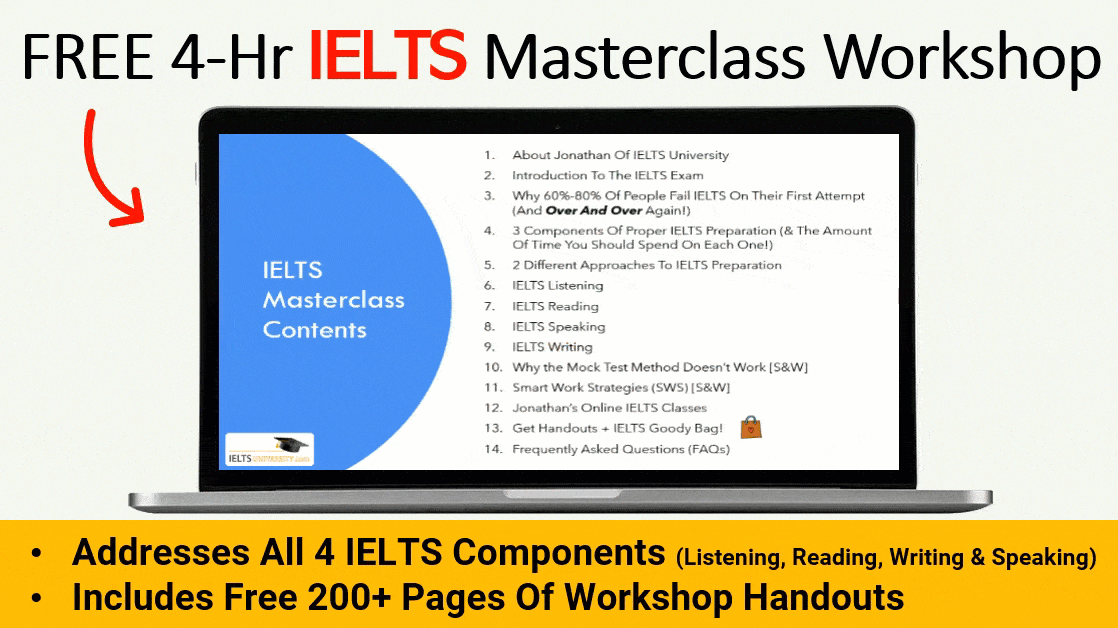The IELTS Speaking test frequently includes questions related to your education, work, and study habits. These speaking topics are familiar for most test-takers, but structured preparation is critical to giving coherent and informative answers that demonstrate your English language proficiency.
Why Focus on Education, Work, & Study?
- Common Themes: These areas form a significant part of people’s lives and are highly likely to arise at some point during the Speaking test.
- Diverse Vocabulary Opportunities: These topics allow you to showcase a range of vocabulary, including subject-area terms, job-related skills, and descriptions of learning styles.
- Essential for Fluency: Practicing talking about these familiar subjects helps improve your overall speaking fluency and confidence.
Preparation Strategies
- Anticipate Question Types
- Education: Your current or past studies, subjects you enjoyed/disliked, memorable educational experiences, future educational goals.
- Work: Your current job, responsibilities, daily routine, reasons for choosing your field, career aspirations.
- Study Habits: How you prefer to study (alone, in groups), your strengths and weaknesses as a learner, time management strategies.
- Build Relevant Vocabulary
- Create topic-specific vocabulary lists. Include subject names, job titles, descriptions of work environments, learning styles, and relevant adjectives.
- Use online resources like Quizlet or vocabulary flashcards for focused practice.
- Practice Descriptive Language
- Use sensory details and vivid adjectives when describing your learning or work environment.
- Go beyond simple statements with explanations: “One subject I particularly enjoyed was biology because it allowed me to explore fascinating topics like…”
- Utilize Past Tenses
- Be comfortable shifting between past tenses to describe past experiences.
- Practice simple past for specific events, past continuous for in-progress actions, and present perfect to connect past events to the present.
- Prepare to Express Opinions
- Reflect on your educational or work experiences. Be ready to discuss what you found valuable, challenging, or would change if you could.
Sample Questions & Enhanced Responses
Education
- Question: “What is your favorite subject and why?”
- Basic Answer: “My favorite subject is history.”
- Enhanced Answer: “I’ve always been fascinated by history, particularly learning about different cultures and turning points in the past. Studying history helps me better understand the present world.”
Work
- Question: “Describe a typical day at work.”
- Basic Answer: “I arrive at 9 am, check emails, and have meetings.”
- Enhanced Answer: “My workday usually starts around 9 am. I begin by prioritizing emails and attending any scheduled meetings. Afternoons are often dedicated to ongoing projects or collaborative tasks with my team.”
Study Habits
- Question: “How do you manage your time effectively when studying?”
- Basic Answer: “I try to study in short periods.”
- Enhanced Answer: “I’ve found that breaking my study sessions into focused blocks of time is more effective for me. I try to avoid distractions and set realistic goals for what I want to achieve in each study session.”
Additional Tips
- Be Honest: If you’re not currently employed or studying, focus on describing past experiences or future aspirations.
- Show Enthusiasm: Expressing genuine interest in your studies or career conveys a positive attitude.
- Incorporate Idioms (cautiously): If you can include a few relevant idioms naturally, it demonstrates higher-level proficiency (e.g., “I try to stay on top of my workload.”)
Remember: The IELTS examiner isn’t assessing your educational background or work achievements. They’re evaluating your ability to communicate clearly, utilize appropriate vocabulary, and form organized and coherent responses.

